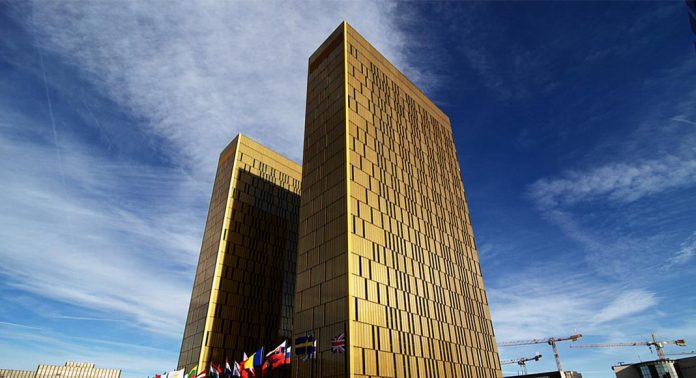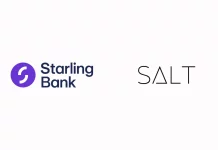Intel-1 : EC-0.
That appears to be score after round one, in the legal battle between the European Commission (EC) and the world leader chip maker, Intel, on the issue of a fine imposed by the former on the latter amounting to 1 billion Euros.
Intel won the right to a review at the European Court of Justice, overturning the EC’s move to impose the penalty after an ultimatum.
The case goes back to June 2014, when the EC’s Competition Authority slapped on the penalty on Intel for ‘antitrust behaviour’. The ruling raised much eyebrows within the industry capturing attention as a record-breaking fine imposition issued at that time.
In the latest verdict, the European Court of Justice (ECJ) has ruled that all of the evidence in the case should be re-examined. The judgment would mean an opening for other tech giants and computer hardware manufacturers including Google and Qualcomm to challenge similar rulings received in their individual pending cases before the EC Competition Authority.
According to EC Authority, anticompetitive behaviour centres on the use of so-called ‘exclusivity incentives’, Intel offered as rebates to computer manufacturers in return for buying at least 95% of their chips marked Intel.
However, the apex court has ruled that the case can be held if the Authority has proof to show more evidence that the use of exclusivity incentives offered by Intel actually caused harm to the competition. The ruling sure puts the onus on the competition authorities to work harder on the issues.
In a welcome relief, Intel responded, “ We have always believed that our actions were lawful and did not harm competition. We look forward to the next step in this process, in what is a respectful disagreement between Intel and the EC’s competition regulators.”
However, the review verdict does not absolve Intel from the fine as the EC still views exclusivity incentives as illegal in nature. Nevertheless it will be a big encouragement to other large US tech companies that have fallen foul of the EU’s Competition Authority. Qualcomm is being investigated over payments made to Apple over the use of its chips in iPhones and iPads and Google is also being investigated over its contract terms with phonemakers and networks using its Android software.
According to competition lawyers, the Intel case will give these tech firms encouragement that they can defend the use of exclusivity incentives if they can demonstrate there was no commercial harm to competitors.
“The court of justice confirms exclusivity rebates as abusive by nature but if a defendant argues, with supporting evidence, that its conduct could not restrict competition from equally efficient rivals, the commission has to rebut that,” comments Maurits Dolmans, the legal expert from Cleary Gottlieb, the lawyers to several leading corporates including Google.
The developments could also indicate new implications in the growth of the fintech market across EU, with Intel and Google counted as two of the biggest investors in this space during the 2011-14 period.









